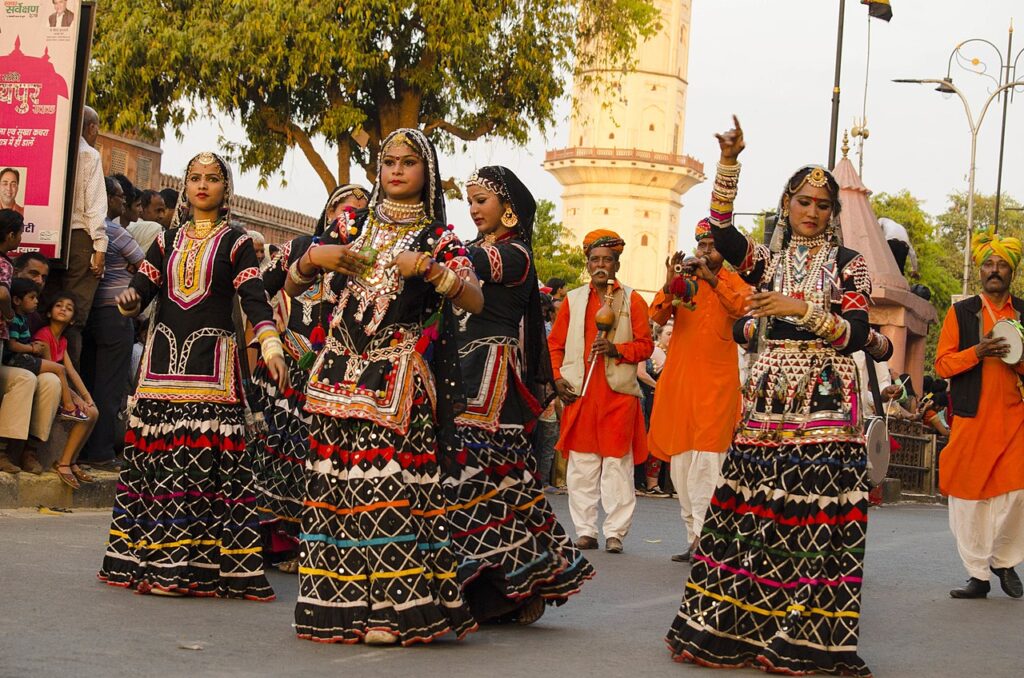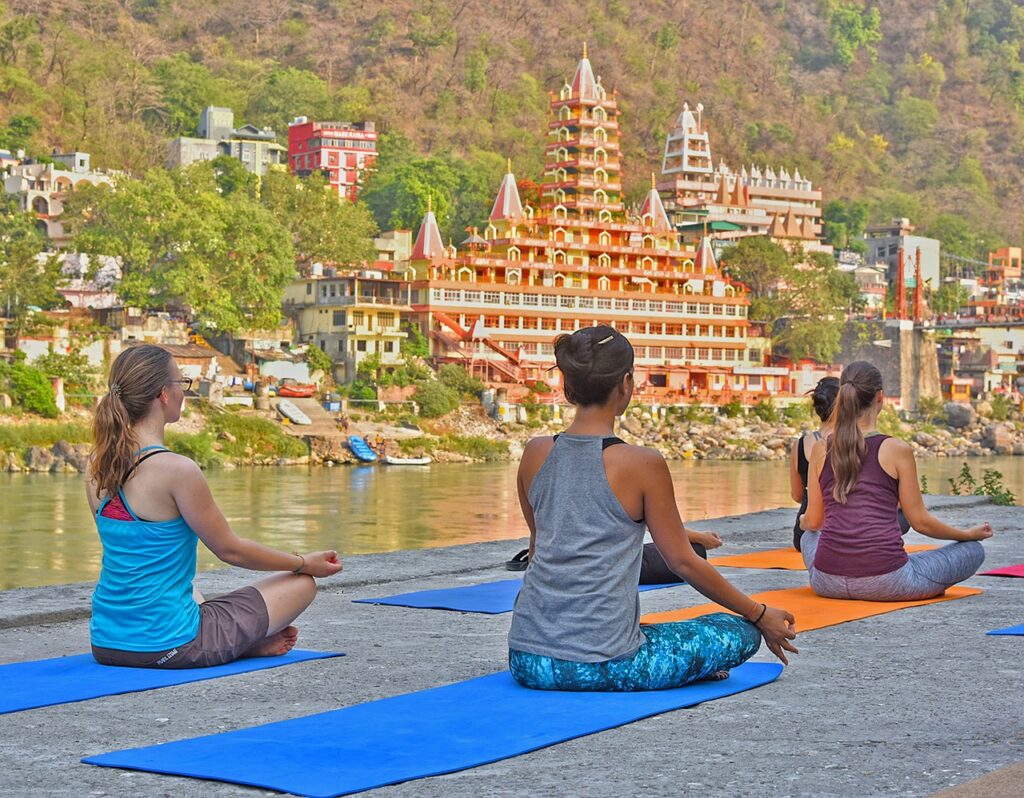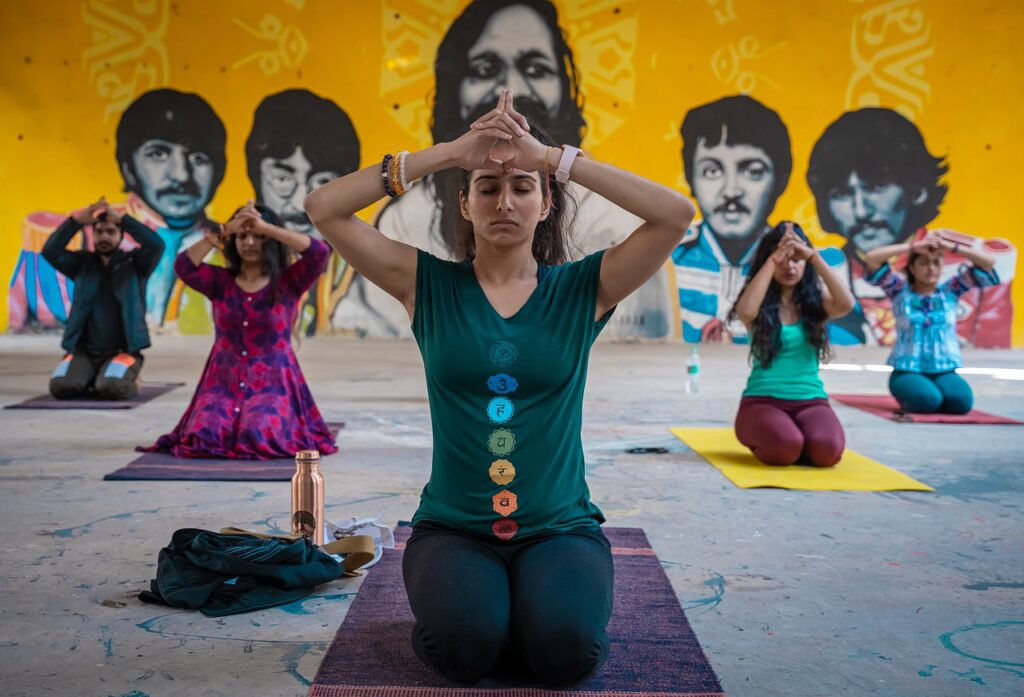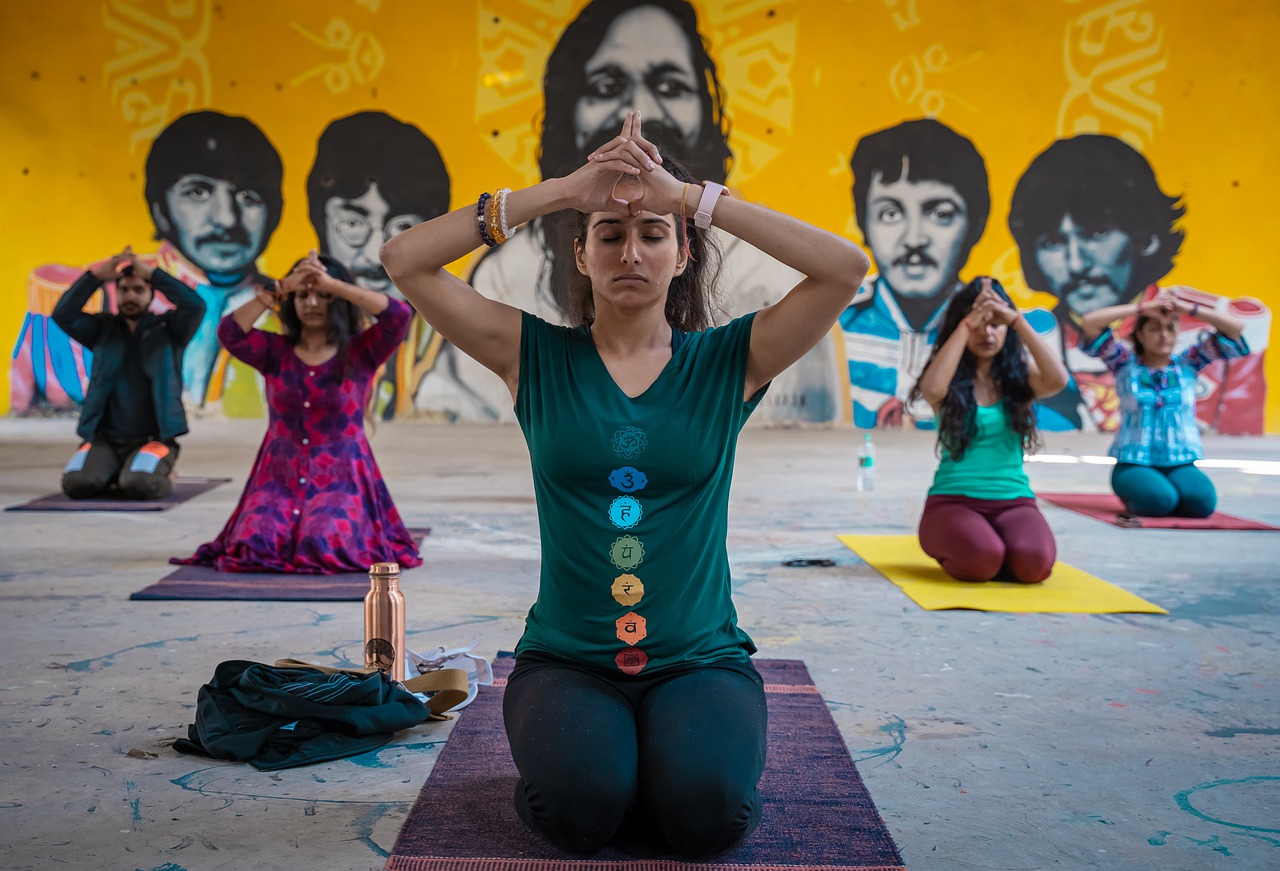From Cooking to Adventure: Travel Ideas for Retirees to Pursue Their Hobbies.
Retirement is a time when one can finally indulge in the things they love. For many, retirement is the perfect opportunity to rediscover their forgotten hobbies. India is a country that offers a plethora of options for retirees who want to rediscover their hobbies through travel. From exploring ancient landmarks to indulging in cultural experiences, India has it all. In this article, we will explore some of the best places to visit in India for retirees who want to rediscover their hobbies.
Varanasi, Uttar Pradesh

For retirees who are interested in spirituality, Varanasi is a must-visit destination. Located on the banks of the Ganges river, this city is considered one of the holiest places in India. Retirees can take part in spiritual practices such as yoga, meditation, and prayer. The city is also famous for its ancient temples, such as the Kashi Vishwanath Temple and the Sankat Mochan Temple. In addition to spiritual practices, retirees can also take a boat ride along the Ganges river to witness the city’s famous evening aarti ceremony.
Jaipur, Rajasthan

For retirees who are interested in history and architecture, Jaipur is a must-visit destination. This city is known as the “Pink City” and is home to many ancient forts and palaces. The most famous landmark in Jaipur is the Amber Fort, which offers stunning views of the surrounding landscape. Other notable landmarks include the City Palace, the Hawa Mahal, and the Jantar Mantar Observatory. Retirees can also take part in cultural experiences such as attending a Rajasthani folk dance performance or visiting a local handicraft market.
Kerala Backwaters, Kerala

For retirees who are looking for relaxation and natural beauty, the Kerala backwaters are the perfect destination. This network of canals, lagoons, and lakes is located in the southwestern state of Kerala. Retirees can take a houseboat ride along the backwaters and witness the stunning scenery and local life. The backwaters are also home to many bird species, making it a perfect destination for birdwatching. In addition to the backwaters, Kerala is also known for its Ayurvedic treatments and spa resorts.
Rishikesh, Uttarakhand




For retirees who are interested in adventure and nature, Rishikesh is the perfect destination. This city is located in the foothills of the Himalayas and is known as the “Yoga Capital of the World.” Retirees can take part in adventure activities such as white water rafting, hiking, and camping. The city is also famous for its ancient temples and ashrams, where retirees can learn about yoga and meditation. In addition to adventure activities, Rishikesh is also home to the Rajaji National Park, where retirees can witness a variety of wildlife.
When it comes to accommodations, retirees should look for options that cater to their specific needs. Many hotels and resorts offer special packages and services for retirees, such as discounted rates, senior-friendly amenities, and organized tours. Retirees should also consider the location of their accommodations, as they may want to be close to their favorite activities or landmarks.


In conclusion, India is a country that offers a wide range of options for retirees who want to rediscover their hobbies through travel. Whether you are interested in spirituality, history, nature, or adventure, there is a destination in India that is perfect for you. So pack your bags, book your trip, and get ready to rediscover the joys of life through travel in India.
Frequently Asked Questions (FAQs)
A. Retirees can indulge in a variety of hobbies while traveling in India, such as spirituality, history, architecture, natural beauty, adventure, and cultural experiences.
A. Varanasi is considered one of the holiest places in India and is located on the banks of the Ganges river. Retirees can take part in spiritual practices such as yoga, meditation, and prayer. The city is also famous for its ancient temples, such as the Kashi Vishwanath Temple and the Sankat Mochan Temple.
A. The Kerala backwaters are a network of canals, lagoons, and lakes located in the southwestern state of Kerala. Retirees can take a houseboat ride along the backwaters and witness the stunning scenery and local life. The backwaters are also home to many bird species, making it a perfect destination for birdwatching. Kerala is also known for its Ayurvedic treatments and spa resorts.
A. Rishikesh is known as the “Yoga Capital of the World” and is located in the foothills of the Himalayas. Retirees can take part in adventure activities such as white water rafting, hiking, and camping. The city is also famous for its ancient temples and ashrams, where retirees can learn about yoga and meditation. Rishikesh is also home to the Rajaji National Park, where retirees can witness a variety of wildlife.
FAQs
A. Jaipur, Rajasthan is the city in India that is known as the “Pink City” and is a must-visit destination for retirees interested in history and architecture.
A. Retirees should look for accommodations that cater to their specific needs, such as senior-friendly amenities, discounted rates, and organized tours. They should also consider the location of their accommodations, as they may want to be close to their favorite activities or landmarks.
A. The best time of year to travel to India for retirees depends on the specific destination and activity. Generally, the winter months (November-February) are considered the best time to travel to most parts of India due to the pleasant weather.
A. Retirees can indulge in a variety of cultural experiences while traveling in India, such as attending a Rajasthani folk dance performance or visiting a local handicraft market.
A. Hotels and resorts in India may offer senior-friendly amenities such as wheelchair accessibility, grab bars in bathrooms, non-slip flooring, and easy access to amenities such as restaurants, pools, and spas.
A. Retirees traveling to India for the first time should research their destination and activities in advance, obtain necessary visas and travel insurance, and follow safety precautions such as avoiding tap water, wearing appropriate clothing, and being aware of their surroundings. They should also be prepared for cultural differences and potential language barriers.
